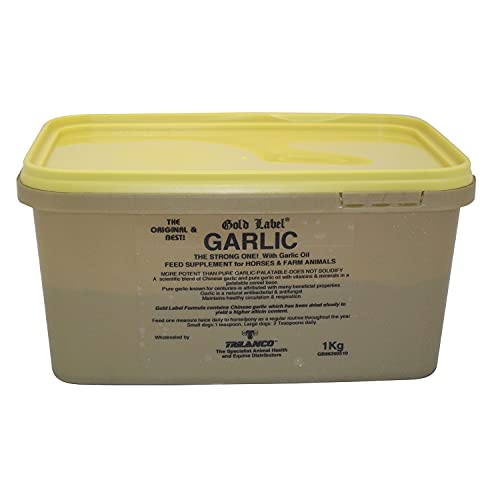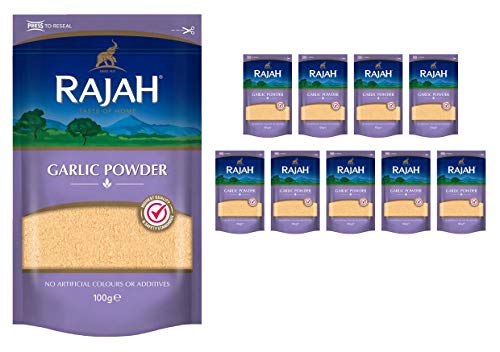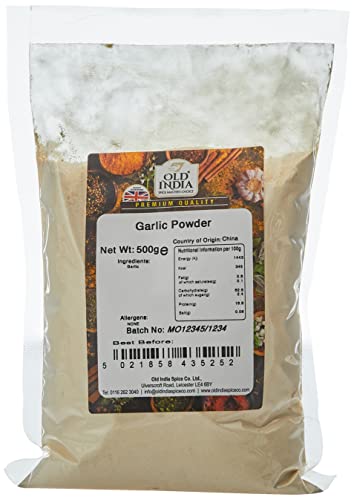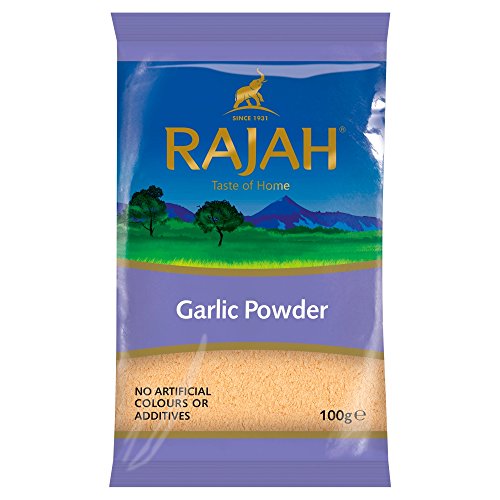Understanding Garlic Powder: What It Is and How It’s Made
What is Garlic Powder?
Garlic powder is a seasoning derived from dehydrated garlic cloves that have been finely ground. It offers a concentrated garlic flavour without the hassle of peeling and chopping fresh garlic. This makes it a convenient choice for enhancing the taste of a variety of dishes.
How is Garlic Powder Made?
The process of making garlic powder starts with selecting fresh garlic bulbs. These bulbs are peeled and sliced before being dried, typically using low heat to preserve their flavour and aroma. Once completely dried, the garlic is ground into a fine powder. This process retains the essential oils and flavour compounds found in fresh garlic, though with a more potent and concentrated profile.
Choosing the Right Garlic Powder: Key Factors to Consider
Quality Matters
When selecting garlic powder, consider the quality of the product. Look for powders that are made from 100% garlic without any fillers or additives, such as anti-caking agents. Higher quality garlic powders will have a stronger, more authentic taste and aroma, which can significantly impact your dishes.
Granulation Size
Garlic powder can vary in granulation size, typically available as either fine or coarse. For most cooking purposes, a fine granulation is preferable as it dissolves easily in liquids and distributes evenly in dry rubs and seasonings. However, if you desire a more textured seasoning, coarser granulation may suit your needs.
Freshness Is Key
Always check the packaging for a ‘best by’ date. Fresh garlic powder should be aromatic and vibrant in colour. Over time, garlic powder can lose flavour and potency, so it’s best to select a product that is relatively new to ensure you are getting the most out of your seasoning.
How to Use Garlic Powder in Your Cooking: Practical Tips and Ideas
Versatile Seasoning
Garlic powder can be used in a multitude of ways in the kitchen. It works wonders in dry rubs for meats, enhances sauces and marinades, and can even be sprinkled over roasted vegetables for added depth. When substituting garlic powder for fresh garlic, a general rule is to use one-eighth teaspoon of garlic powder for each clove of garlic.
Creating Flavour Bases
We can incorporate garlic powder into broader flavour bases. For instance, adding it alongside herbs such as oregano and basil when preparing Italian dishes can elevate the overall flavour. Likewise, mixing garlic powder with onion powder and paprika can create a fantastic seasoning for soups and stews.
Easy to Incorporate
One of the significant advantages of garlic powder is its ease of incorporation into dishes. Unlike fresh garlic, which can sometimes become bitter if overcooked, garlic powder is more forgiving. Sprinkle it into dishes at any stage of cooking without the worry of altering the end result negatively.
Garlic Powder vs Fresh Garlic: When to Use Each
Different Uses
Both garlic powder and fresh garlic have their unique strengths in the kitchen. Fresh garlic shines in dishes where its texture and moisture can enhance the overall composition, such as in sautéed meals or garlicky dips. In contrast, garlic powder is incredibly useful when a quick, even distribution of garlic flavour is preferred, such as in spice blends or when cooking large batches.
Cooking Time Considerations
In dishes that require extended cooking times, like stews or soups, garlic powder can be added early on without worrying about it burning. Fresh garlic, however, should be added during the last phases of cooking for a more pronounced flavour. Understanding these characteristics helps us choose the right form of garlic for any recipe.
Personal Preference
Ultimately, the choice between garlic powder and fresh garlic often comes down to personal preference and the specific requirement of the dish. Many of us enjoy variety in our cooking, so having both forms on hand allows for greater flexibility.
Storing Garlic Powder: Best Practices for Longevity
Proper Storage Conditions
To maintain its flavour and potency, garlic powder should be stored in a cool, dry place. Keeping it in an airtight container away from sunlight is crucial as exposure to light and moisture can lead to clumping and loss of flavour. Consider storing it in your pantry or a dedicated spice drawer.
Shelf Life Considerations
Garlic powder typically has a long shelf life, lasting up to 3-4 years when stored properly. However, if you notice any changes in colour or a significant drop in aroma, it’s time to consider replacing it. Being mindful of these factors ensures that we’re always cooking with vibrant and tasty seasoning.
Avoiding Contamination
When using garlic powder, always use a clean, dry spoon to scoop out the powder. This prevents any moisture from your utensils contaminating the spice, thereby preserving its freshness longer. Taking these simple precautions can significantly impact how well your garlic powder holds up over time.






















